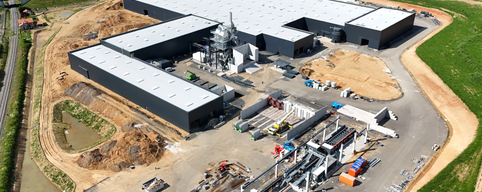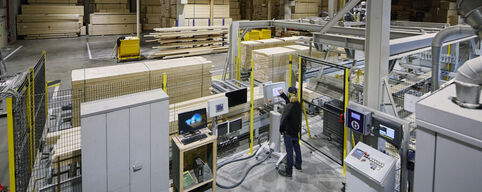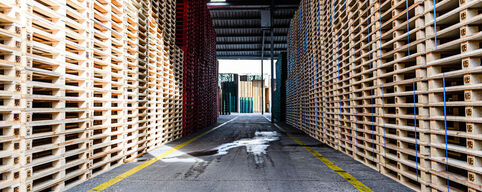

The forestry and wood sector occupies a central place in the French economy, employing around 450,000 people. This sector plays a key role not only as a supplier of raw materials, but also in the creation of diversified jobs, whether in forest management, processing or wood construction.
Forest management and logging are a mainstay of this sector in France, with around 50,000 dedicated jobs. These professionals are essential to ensure a regular and sustainable supply of raw materials, an essential condition for the timber value chain. Foresters, forestry experts and forestry technicians work together to manage resources responsibly, combining respect for the environment with economic requirements.
The economic importance extends to the processing sector, where the sawmill industry plays a key role. It is involved in the manufacture of numerous products such as wood panels, parquet flooring and pallets. These items are particularly popular in various industries, including the food industry, where wooden pallets are essential for the transportation and storage of products.
Furthermore, the field of wooden construction is experiencing remarkable growth. This expansion is partly supported by the rise in popularity of bio-based materials, which are not only beneficial for the environment, but also more sustainable. Wooden constructions respond to modern architectural trends and are becoming a preferred choice in the construction of new buildings.
Amina Talaout, employment and training project manager at FIBOIS Bretagne, provides an in-depth analysis of the current situation and future prospects in this sector. According to her, sustainable development is at the heart of the sector's concerns. The growing demand for ecological alternatives is supporting this dynamic, opening the way to new economic and professional opportunities.
“Wood is a material of the future, both flexible and resilient, which makes it possible to respond to current environmental challenges,” she says. She also explains that continuous training and innovation are essential to maintain the sector's competitiveness. “Investing in the qualification of professionals and in the search for new processes is a priority,” she adds.
With this educational ambition, FIBOIS Bretagne, along with other interprofessional associations, is working to promote the sector through awareness-raising and training initiatives. These actions aim to attract vocations and strengthen the quality of services provided by wood professionals.
In conclusion, the forestry and timber industry is undeniably a centerpiece of the French economy. Thanks to its capacity for innovation and its commitment to sustainable practices, it is ensuring a promising future in the industrial ecosystem of tomorrow.



